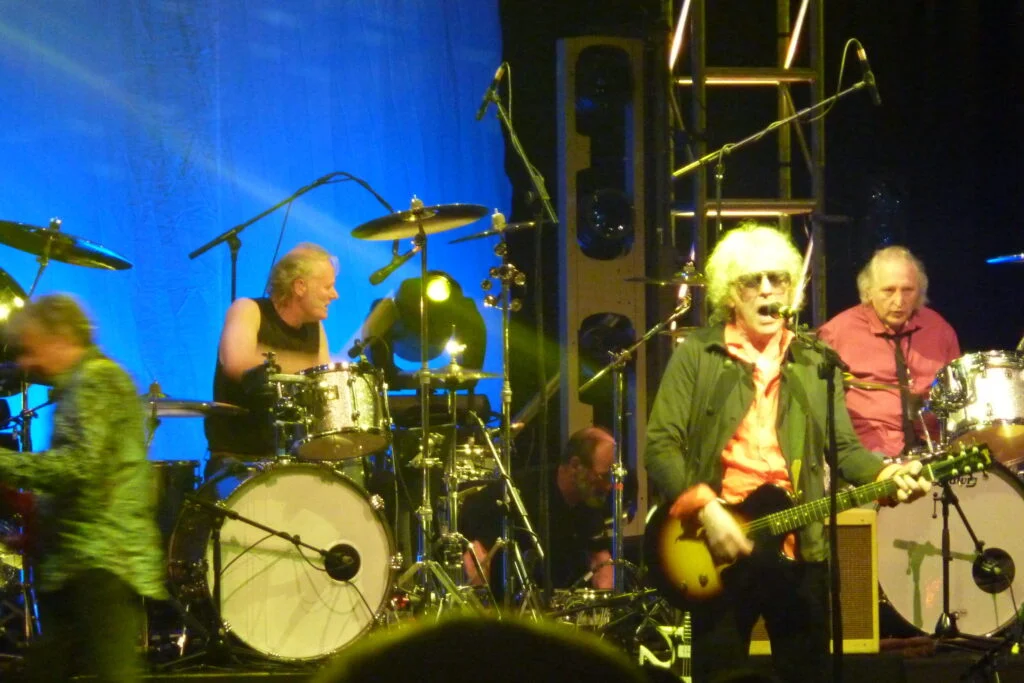1. Mott the Hoople
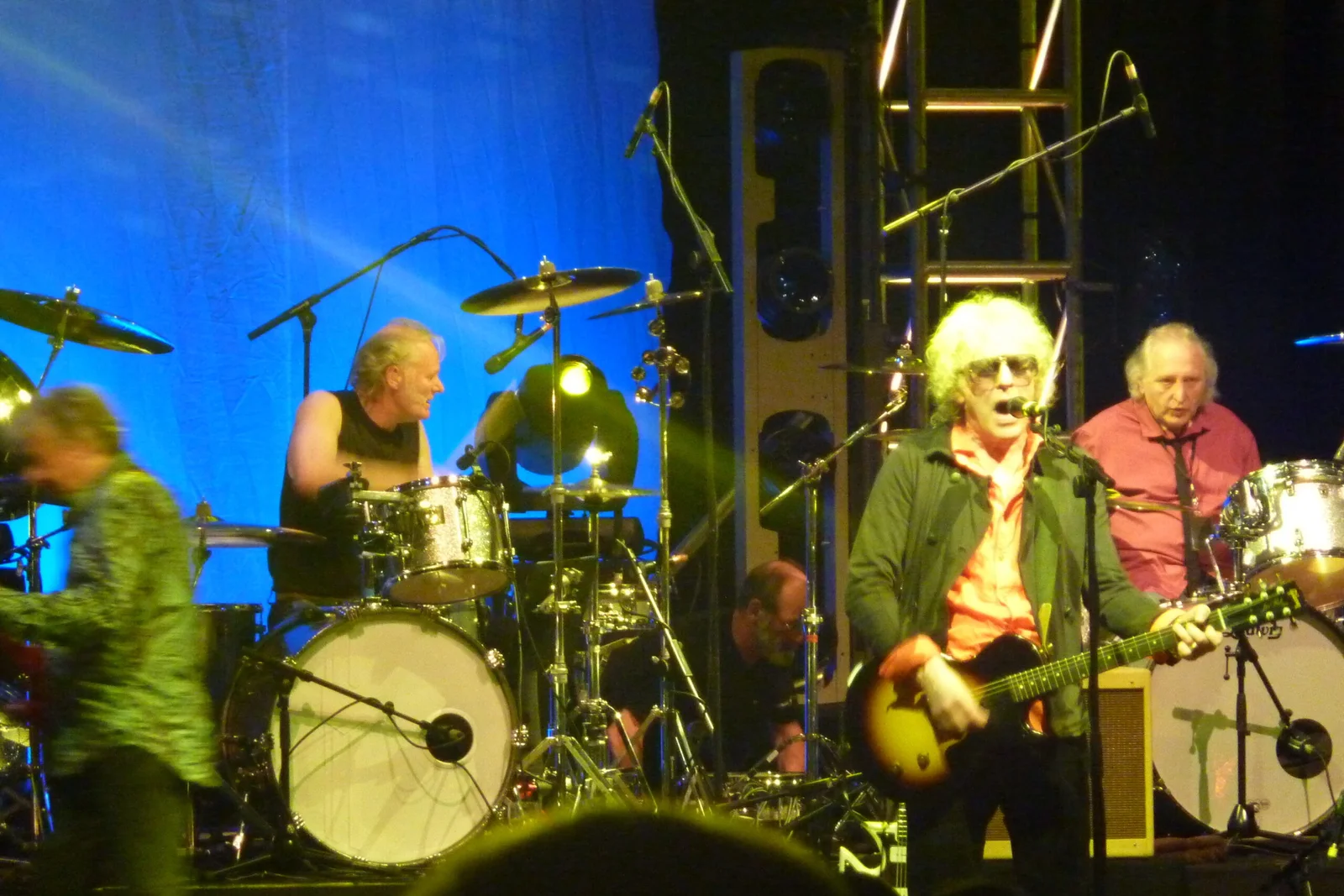
Mott the Hoople was one of the most unique bands of the early ’70s, blending glam rock with hard-hitting anthems. With hits like “All the Young Dudes,” written by David Bowie, they became the epitome of the era’s rebellious spirit. The song itself was an anthem for young people grappling with societal expectations, and the band became known for their wild energy on stage. Their mix of glam, rock, and proto-punk was ahead of its time, yet they never reached the level of superstardom that other acts from that period enjoyed.
Despite their influence on the glam rock movement, Mott the Hoople never really managed to capitalize on their initial success in the long run. They dissolved in 1974 after a few lineup changes, and their later efforts never quite caught the public’s attention. Today, they’re remembered more as a cult band with a dedicated following, but their mainstream presence has faded into the background of ’70s rock history.
2. Badfinger
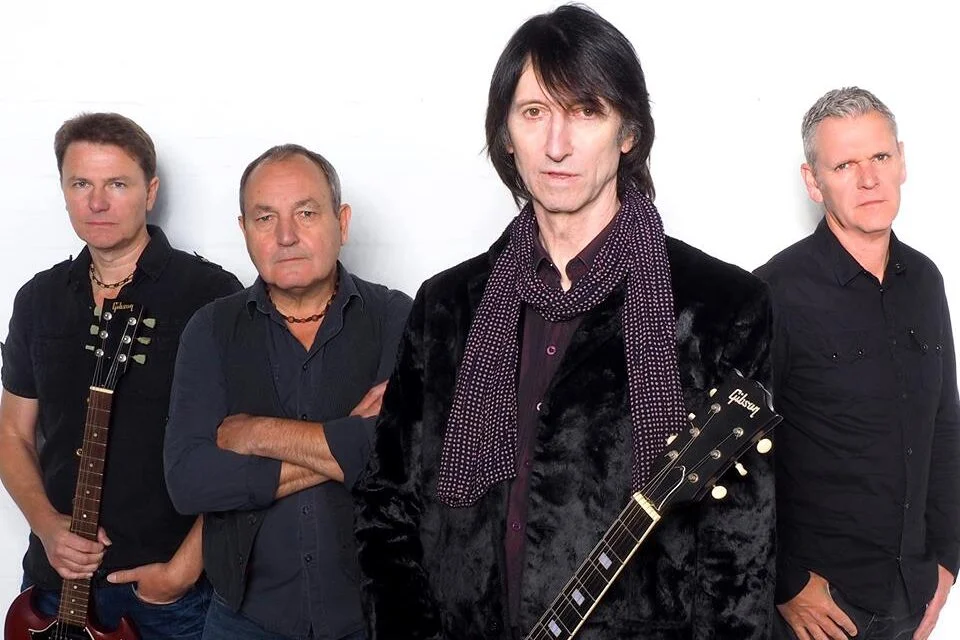
Badfinger was one of the first bands signed to the Beatles’ Apple Records and were once considered the next big thing in rock music. Their 1970 hit “No Matter What” brought them critical acclaim and a strong fan base. Known for their melodic rock and Beatles-esque sound, they had everything going for them. Tragically, personal and business mismanagement, coupled with the band members’ struggles with fame, led to a dramatic fall from grace.
By the mid-’70s, Badfinger was plagued by legal battles and internal tensions. Their tragic story, especially the suicide of two of the band members, overshadowed their early success. Now, they’re often remembered for their tragic fate rather than their musical legacy, which is a shame, given their undeniable talent.
3. The Guess Who
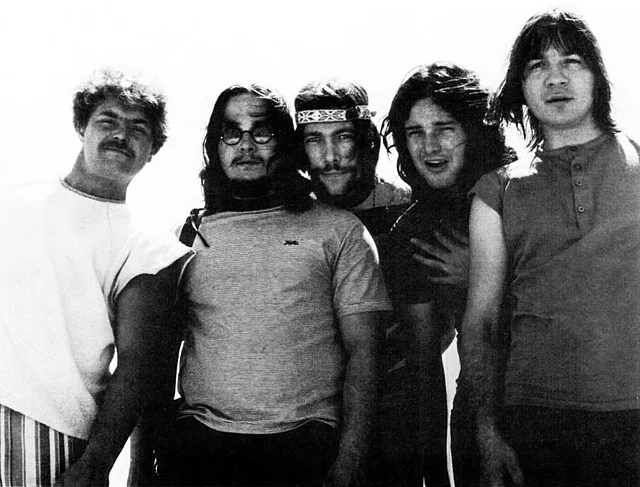
Hailing from Canada, The Guess Who was one of the most successful rock bands of the ’70s. Hits like “American Woman” and “These Eyes” put them on the map, and their catchy, radio-friendly rock made them a household name. The band was particularly known for their mix of folk, rock, and pop, and their unique ability to blend hard rock with mainstream appeal.
Despite their success, The Guess Who’s popularity dwindled toward the end of the decade. With multiple lineup changes and increasing tension among the members, the band started to lose steam. Today, they’re often overshadowed by other ’70s legends, despite their contributions to the sound of the era.
4. The Edgar Winter Group
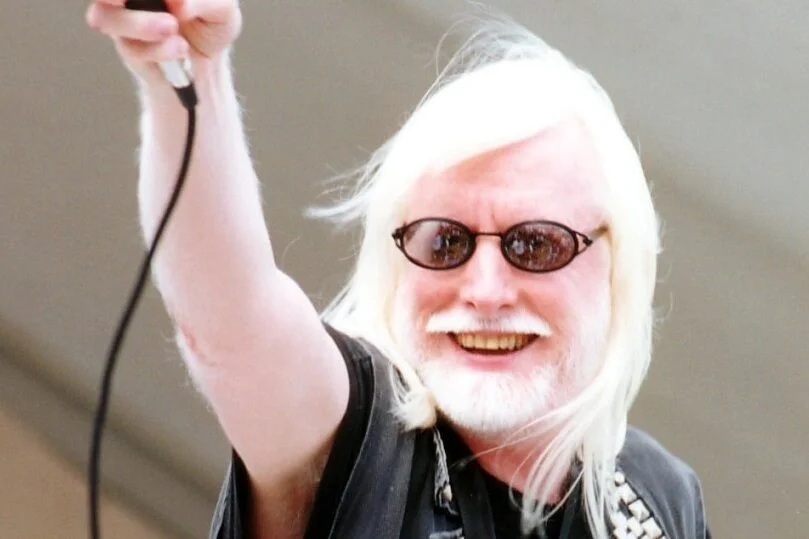
Led by multi-instrumentalist Edgar Winter, this band was a force to be reckoned with in the early ’70s rock scene. Their hit “Frankenstein” was a groundbreaking fusion of rock, blues, and electronic music, and it became a staple of classic rock radio. Winter’s unique blend of jazz, rock, and progressive elements made the band stand out from the crowd.
Despite their innovative approach, the band struggled to maintain a steady presence after their breakthrough. While Winter continued to release music, the band’s overall impact began to wane. Now, “Frankenstein” remains a timeless hit, but the Edgar Winter Group is largely remembered for that one moment of brilliance.
5. Steppenwolf
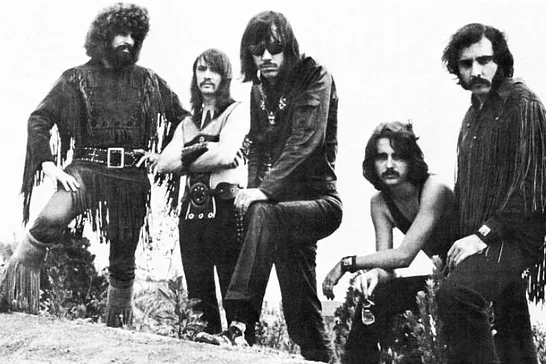
Steppenwolf was best known for their hard-hitting rock anthems, particularly “Born to Be Wild,” which became a rallying cry for counterculture movements. Their blend of rock and blues made them one of the most influential bands of the late ’60s and early ’70s. Steppenwolf’s high-energy performances and iconic motorcycle imagery cemented them as legends of the era.
However, despite their early success, Steppenwolf’s influence waned as the ’70s progressed. The band went through several lineup changes, and their later albums didn’t achieve the same level of success. Today, they are often only remembered for a handful of songs, with “Born to Be Wild” being the most enduring of their legacy.
6. Humble Pie
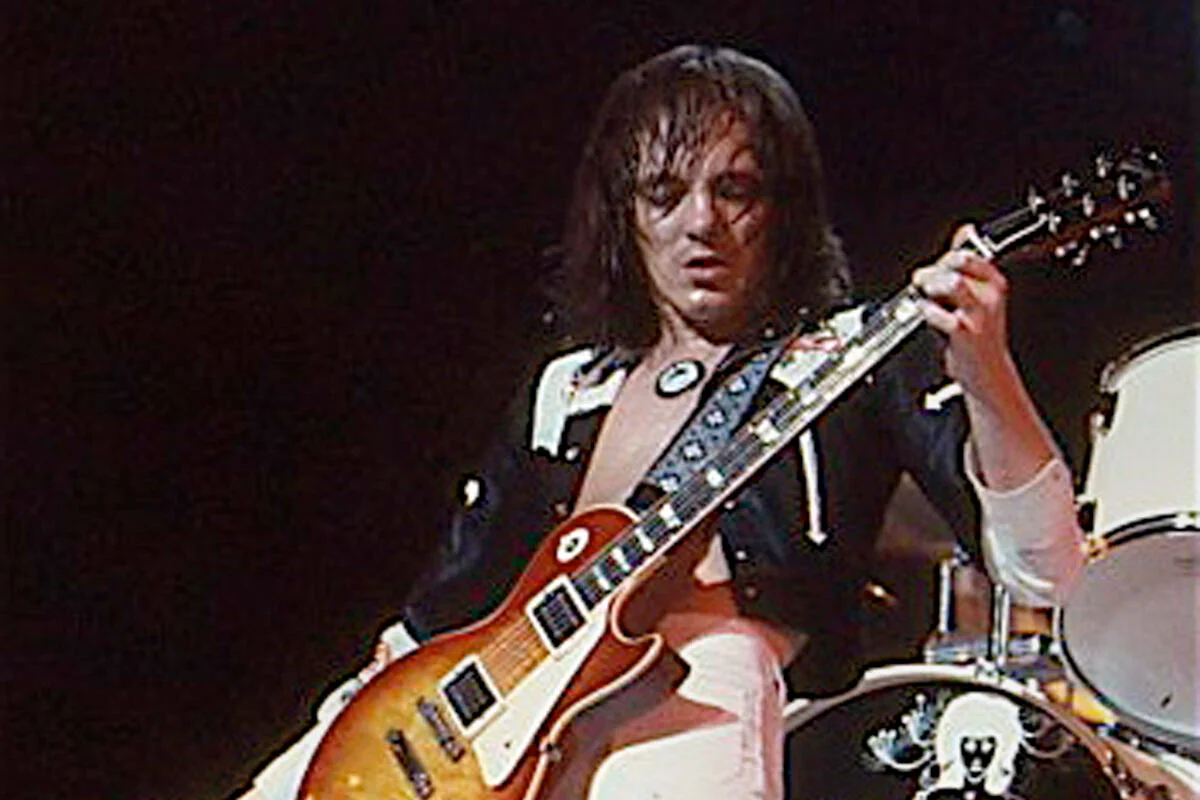
Led by the charismatic Steve Marriott, Humble Pie was one of the most energetic and raw rock bands of the ’70s. They made a name for themselves with their bluesy, hard rock sound and their explosive live shows. With songs like “30 Days in the Hole” and “I Don’t Need No Doctor,” the band was a fixture in the rock scene for much of the decade.
But despite their initial success, Humble Pie’s fortunes took a downturn by the mid-’70s. Constant lineup changes, coupled with the growing popularity of punk and disco, pushed them to the sidelines. They are now mostly forgotten, despite their early contribution to hard rock, and Marriott’s incredible vocal talent remains overlooked by mainstream audiences.
7. Uriah Heep
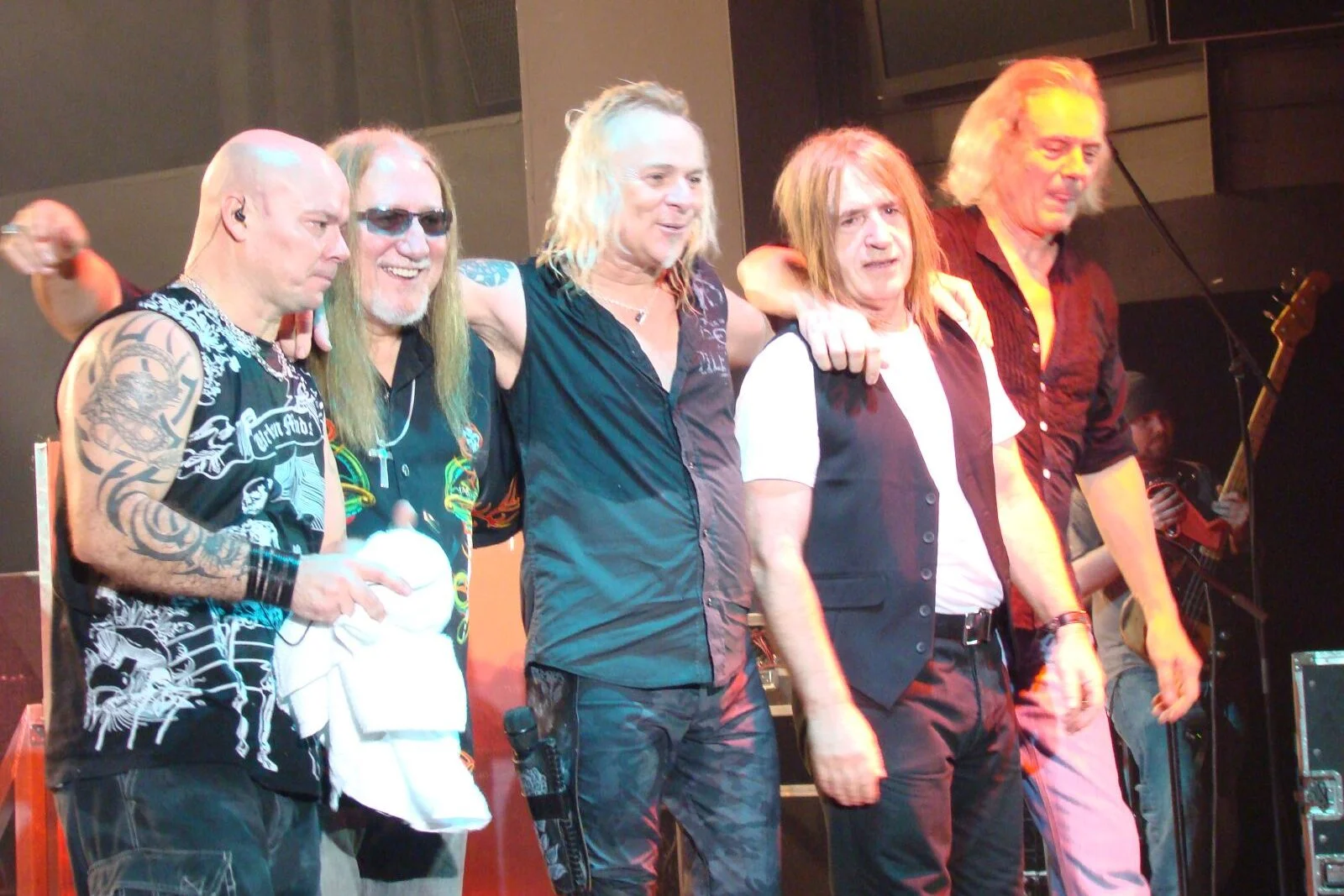
Uriah Heep was one of the pioneers of progressive rock and heavy metal, yet somehow, they never reached the lasting fame of some of their contemporaries. Known for their dramatic, theatrical sound, they had several hits during the ’70s, including “Easy Livin’” and “Lady in Black.” Their blend of hard rock and symphonic elements made them a standout in the early days of the genre.
Despite their pioneering sound, Uriah Heep’s popularity slowly faded after their peak. Internal conflicts and lineup changes led to a series of less impactful albums throughout the late ’70s. Today, they’re often considered a cult band, with a passionate but small fanbase compared to the arena-rock giants of their time.
8. Ten Years After
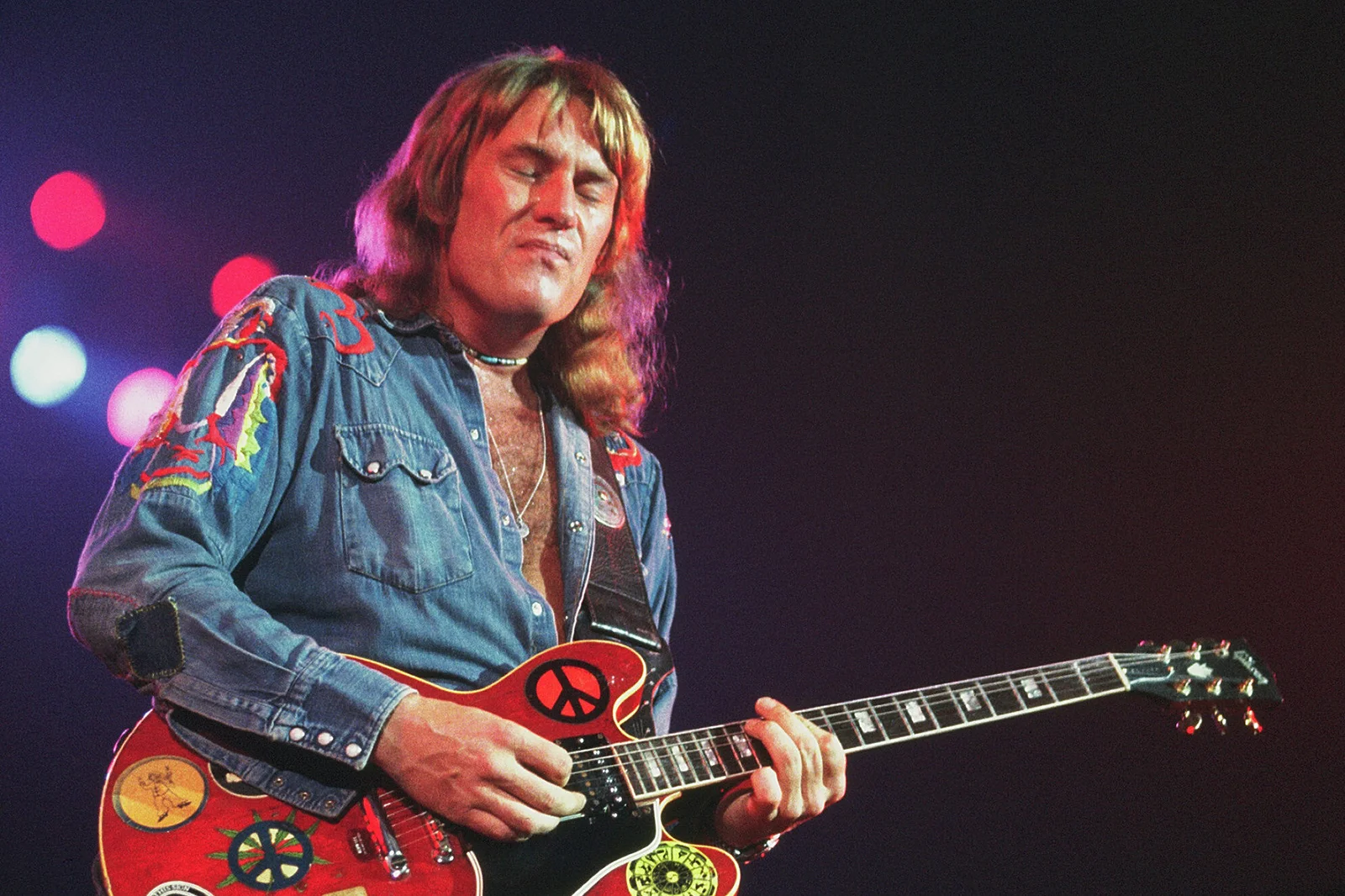
Ten Years After were a major force in the late ’60s and early ’70s, primarily known for their electrifying live performances and virtuosic musicianship. Their song “I’m Going Home,” which they performed at Woodstock, is often remembered as one of the most intense live moments in rock history. The band’s blend of blues and hard rock, led by guitarist Alvin Lee, was a perfect fit for the time.
However, despite their early success, Ten Years After struggled to maintain their momentum as the ’70s wore on. Their later albums failed to capture the public’s attention, and internal tensions led to their breakup in 1975. Though they have a loyal following, they remain a forgotten gem from the era.
9. Blue Öyster Cult
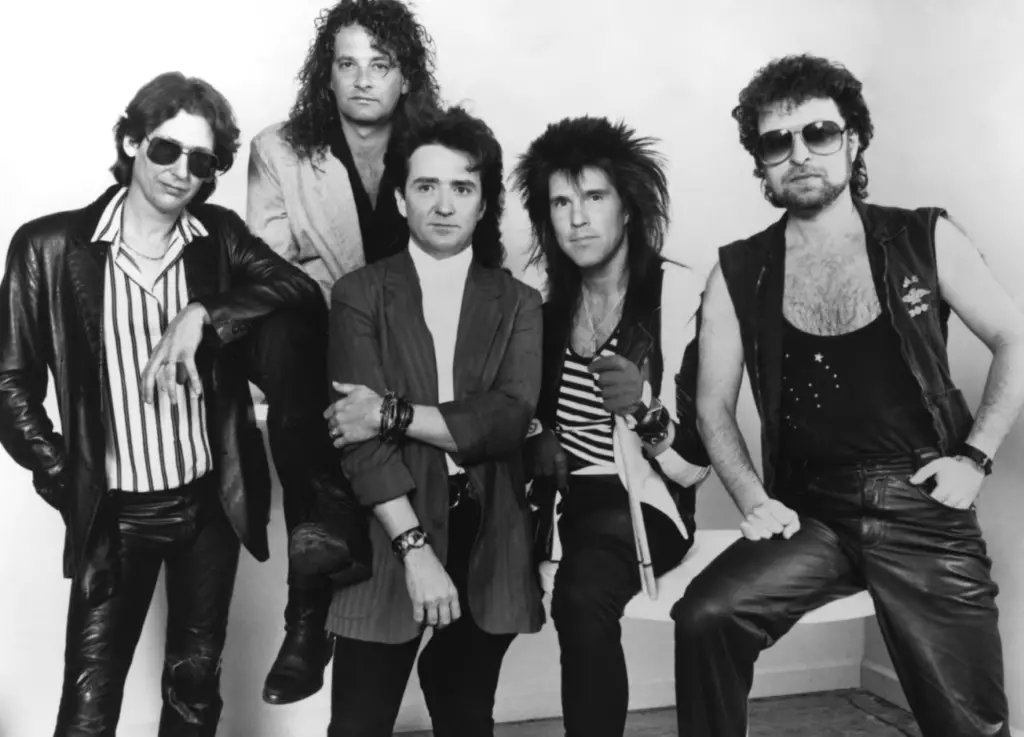
Blue Öyster Cult might be best known for their song “(Don’t Fear) The Reaper,” which became a classic rock staple. The band combined hard rock with an eerie, almost gothic atmosphere, and their blend of mysticism and catchy riffs earned them a dedicated fanbase. Throughout the ’70s, they built a reputation as one of rock’s most enigmatic bands.
Despite their success, Blue Öyster Cult never quite reached the mainstream superstardom that their contemporaries did. While they had several successful albums, they struggled to maintain consistent chart-topping hits. Today, they’re remembered mostly for “(Don’t Fear) The Reaper,” while the rest of their catalog is largely overlooked.
10. Foghat
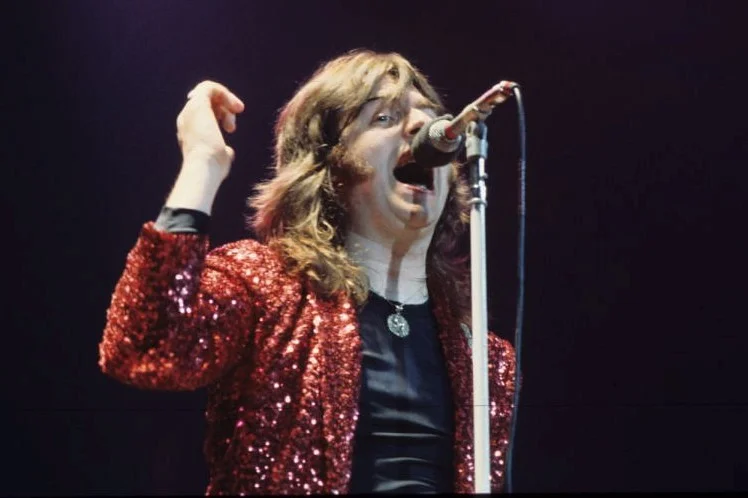
Foghat was known for their boogie-rock sound, which fused blues, rock, and a touch of Southern flair. Their hit “Slow Ride” is still a mainstay of classic rock playlists and was a quintessential tune of the ’70s. Foghat’s energetic live shows and riff-heavy anthems made them a fan favorite for much of the decade.
However, after their initial success, the band’s popularity began to dwindle. The changing musical landscape of the late ’70s, coupled with personnel changes, led to a decline in their fortunes. Today, while “Slow Ride” still gets airplay, Foghat is largely forgotten in the grand scheme of ’70s rock.
11. The Sweet
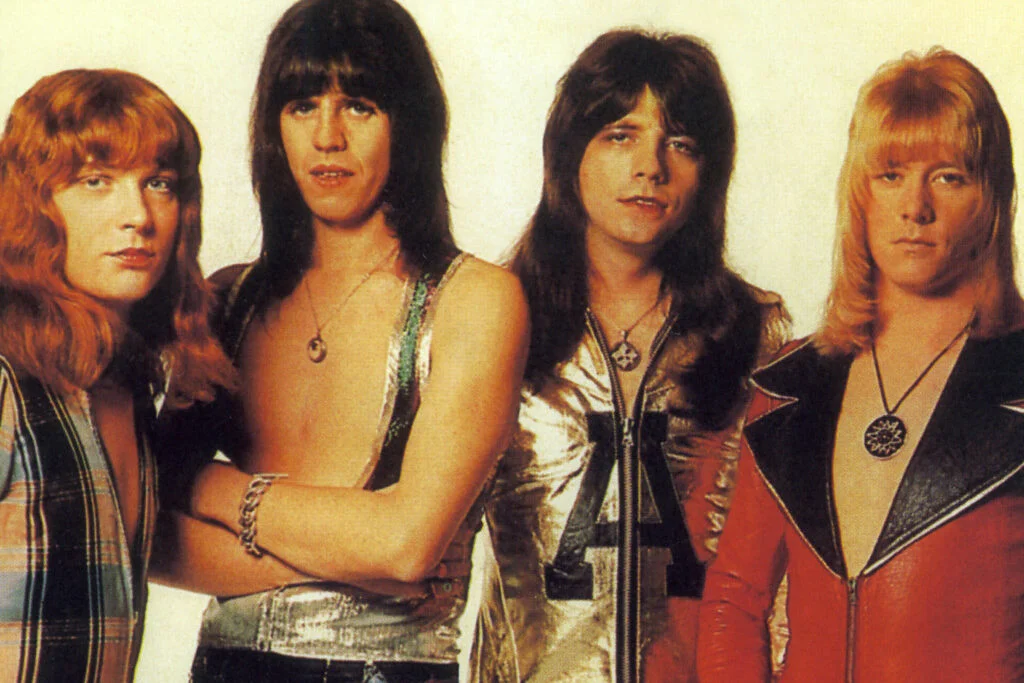
The Sweet was a key player in the glam rock scene of the early ’70s, known for their infectious pop-rock sound and catchy hits. Songs like “Ballroom Blitz” and “Fox on the Run” captured the carefree, rebellious energy of the era and were staples on the charts. Their colorful, flamboyant style and catchy, anthemic songs made them a fan favorite, especially in the UK.
However, despite their massive success in the early ’70s, The Sweet struggled to maintain their popularity as the decade progressed. Changing musical tastes and internal band struggles led to a decline in their commercial success. Though they had a lasting influence on glam rock and power pop, The Sweet’s presence in the mainstream has since faded, and they are often overshadowed by other glam rock giants.
12. Mountain
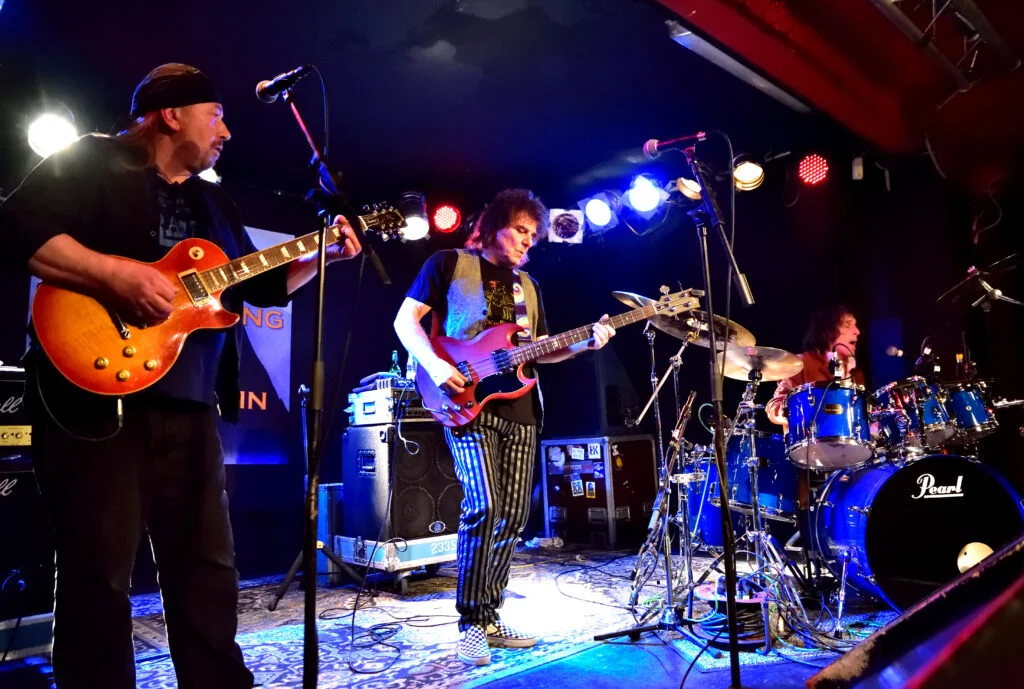
Mountain was one of the heaviest and most intense bands of the ’70s, known for their blend of hard rock and blues. Their song “Mississippi Queen” remains a classic of the genre, with its unmistakable guitar riff and gritty vocals. Led by the legendary Leslie West, Mountain was a powerful force in the rock scene, especially during their early years.
Despite their success, Mountain’s popularity waned as the ’70s progressed. Their music became less mainstream, and internal conflicts within the band led to several breakups. Today, Mountain is largely remembered for their few big hits, but they’re often overlooked in favor of other heavy rock bands from the era.
13. The Outlaws
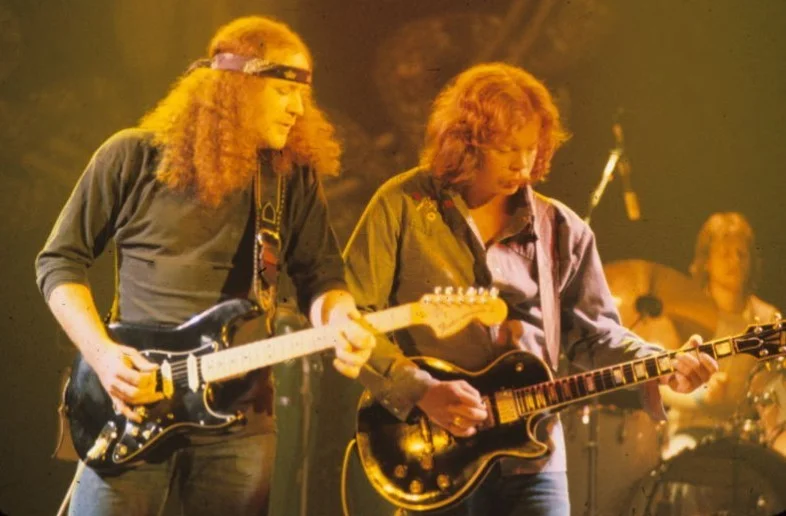
The Outlaws were one of the leading Southern rock bands of the ’70s, bringing a mix of country, rock, and blues to the forefront. Their hit “Green Grass & High Tides” became a Southern rock anthem, praised for its powerful guitar riffs and high-energy performances. The Outlaws helped define the sound of Southern rock and earned a devoted following.
However, by the late ’70s, the band began to fade from the limelight. With numerous lineup changes and shifting musical tastes, they struggled to maintain their earlier success. Today, the Outlaws are remembered mostly by die-hard fans, with their influence on Southern rock often overshadowed by more famous acts like Lynyrd Skynyrd.
14. The Tubes
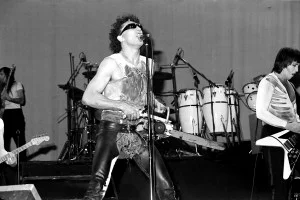
Known for their eccentric performances and theatrical stage shows, The Tubes were a band that embraced glam rock and art rock with a sense of humor. Their songs like “She’s a Beauty” captured the excesses and flamboyance of the ’70s. The band’s willingness to push boundaries made them a unique presence on the rock scene.
Despite their creativity, The Tubes never achieved the level of fame their talent deserved. Their quirky style and experimental music made it difficult for mainstream audiences to connect with them. Though they had a cult following, they’re often overlooked when discussing the giants of ’70s rock.
15. Kansas
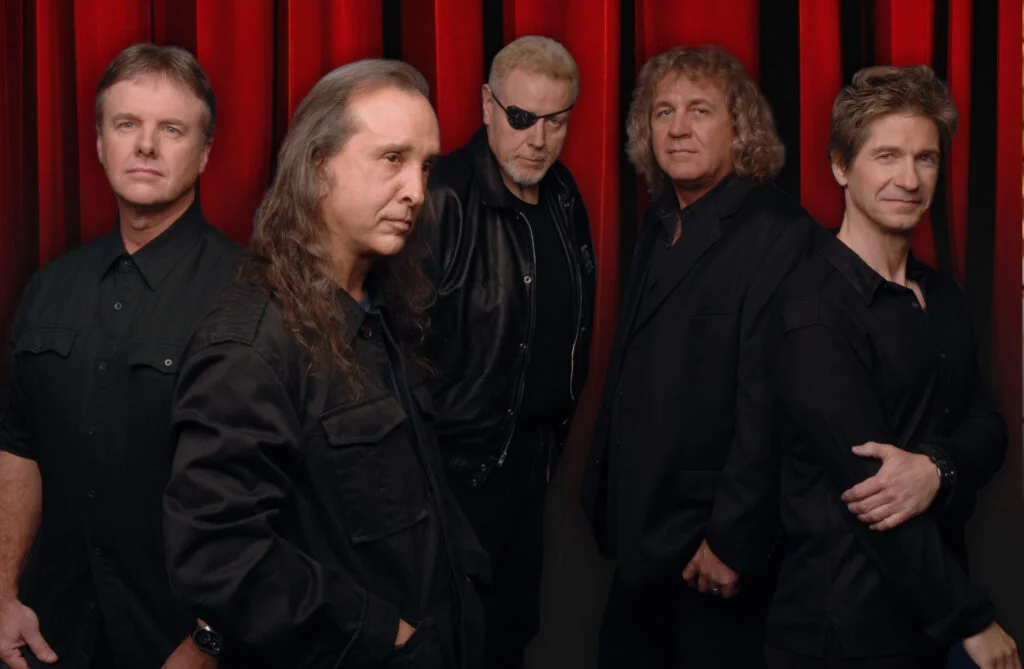
Kansas is best remembered for their hit “Carry on Wayward Son,” which remains one of the most iconic songs of the ’70s. The band’s combination of progressive rock and melodic anthems made them a favorite for fans of both hard rock and more intricate, complex music. Their sound was a perfect blend of rock and orchestral elements, a hallmark of the progressive rock movement.
But despite their success, Kansas didn’t enjoy the same level of lasting recognition as other bands from the era. Their later albums failed to capture the public’s attention, and their sound became less relevant as the ’80s approached. Now, Kansas is mostly remembered for “Carry on Wayward Son,” while the rest of their catalog has faded from the mainstream.
16. Alice Cooper
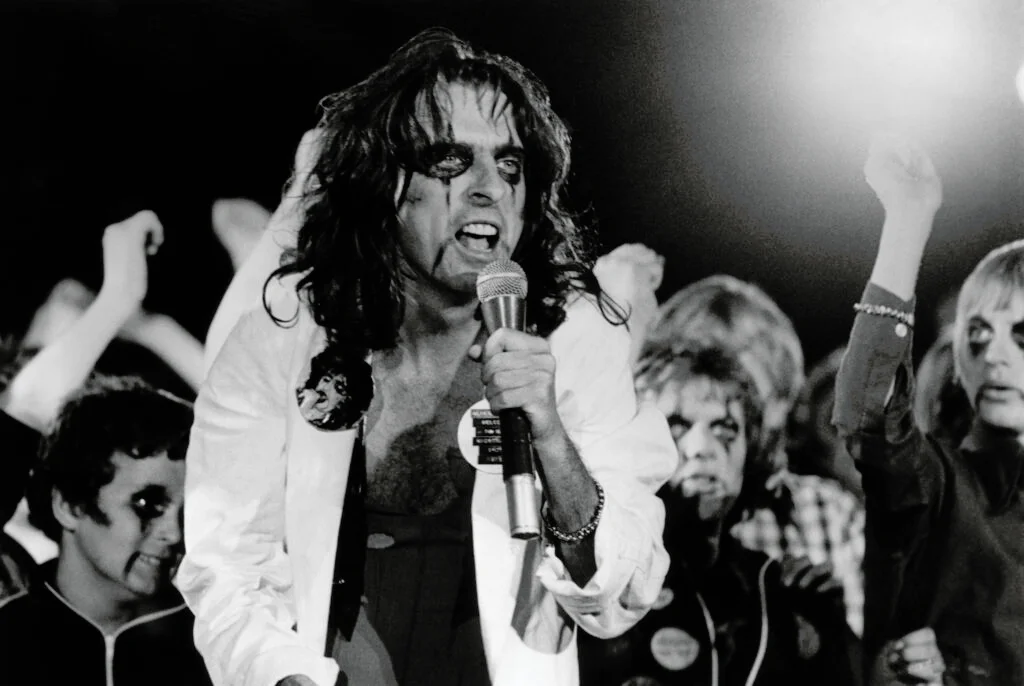
Alice Cooper was the master of shock rock, blending theatrical performances with hard rock and a taste for the macabre. His hits like “School’s Out” became anthems for rebellious youth, and his stage presence, which often included guillotines and snakes, set him apart from other rock stars.
Despite his early fame, Alice Cooper’s career lost steam as the ’70s ended, and he was overshadowed by the rise of new wave and glam metal. While his influence remains undeniable, he’s often relegated to the edges of classic rock radio today, remembered more for his stage antics than for any continued chart-topping hits.

